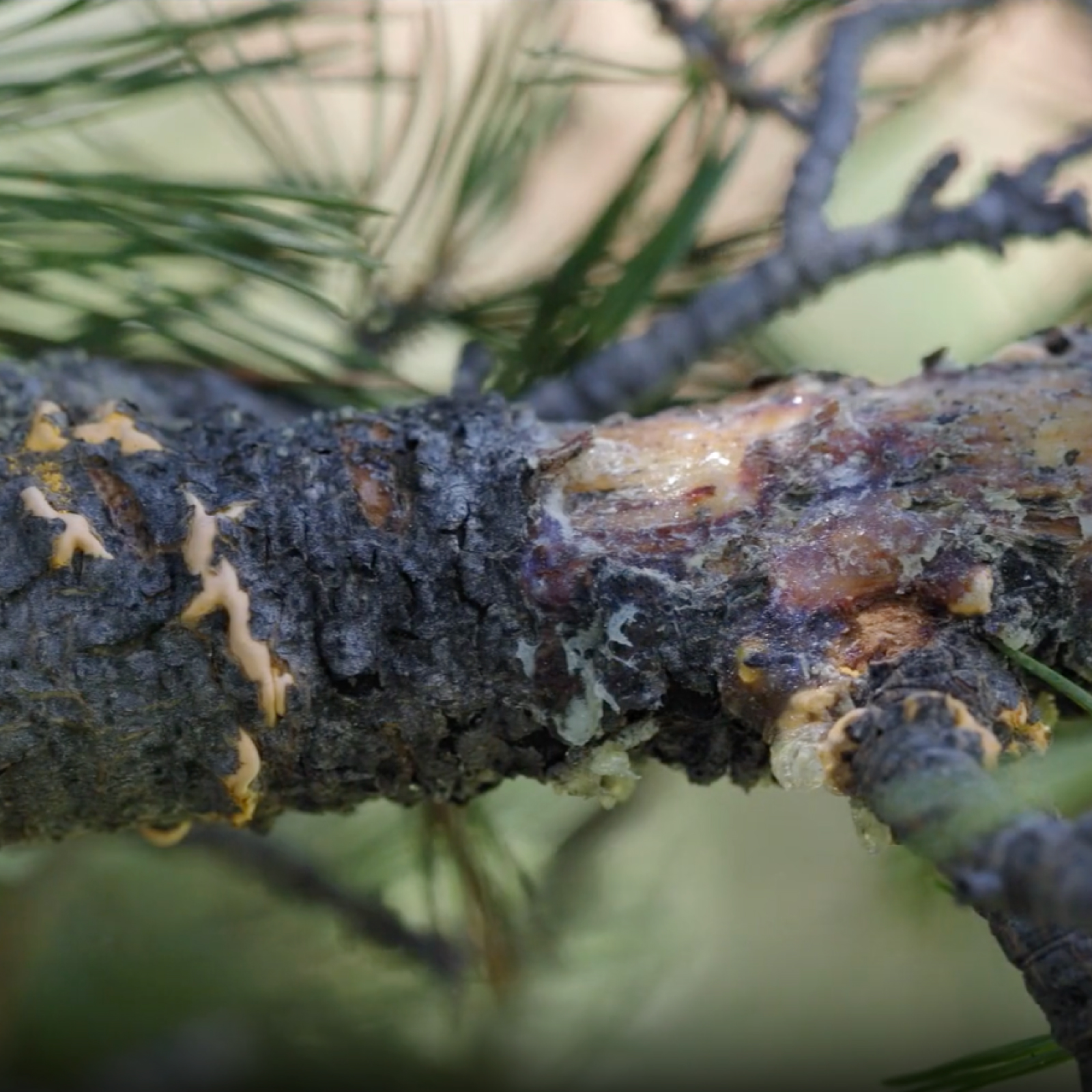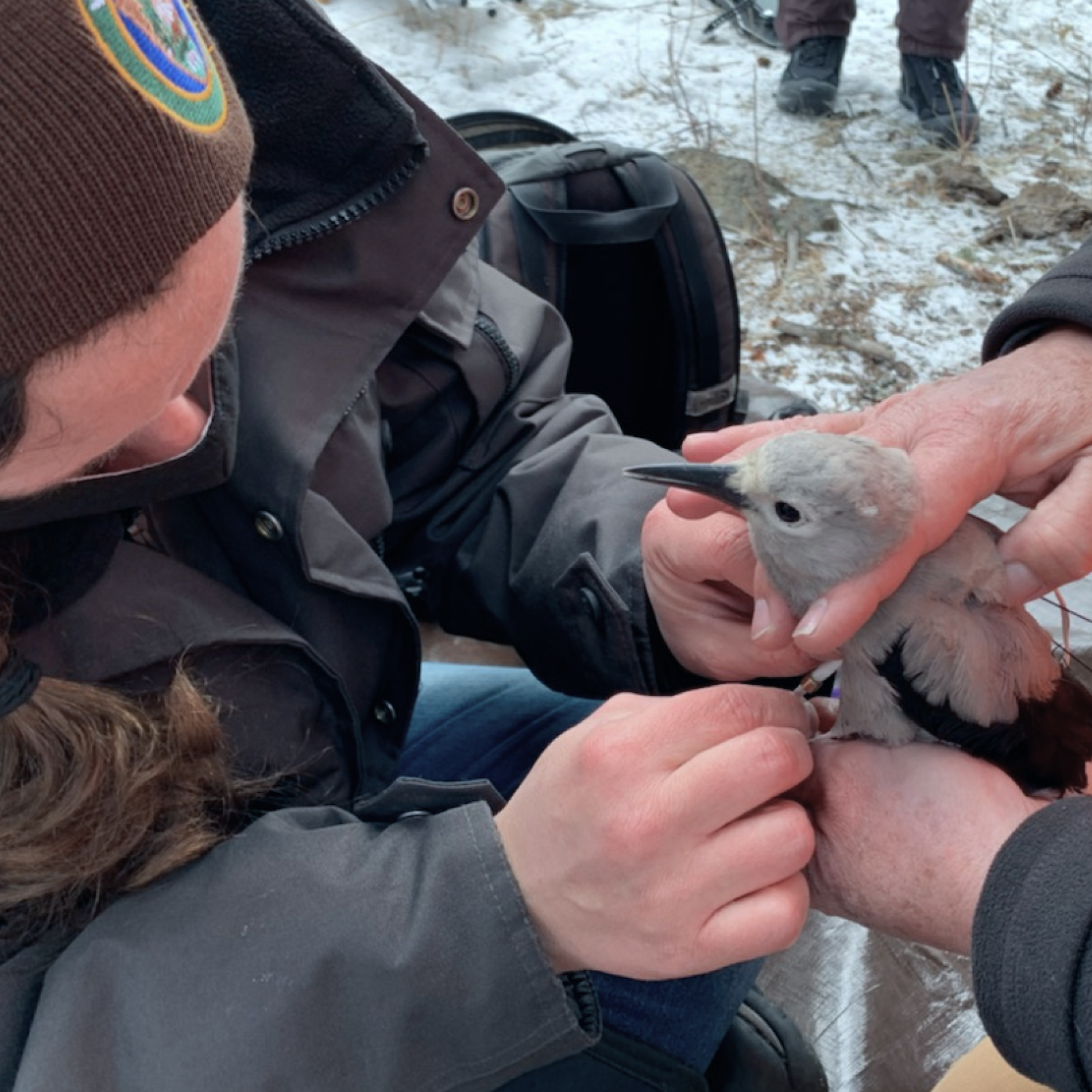THE SOLUTION
Do our part for Clark’s Nutcracker birds.
Restoring whitebark pine to the landscape requires healthy Clark’s Nutcracker populations.
Our goal is two-fold: 1) understand what seed sources the birds utilize when the pines don’t produce a large crop and 2) better understand how to protect the Clark’s Nutcracker.
While we do this, organizations such as the Whitebark Pine Ecosystem Foundation work hand-in-hand with federal agencies and tribal governments to restore the whitebark pine with an eye on long-term survival.


